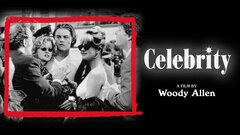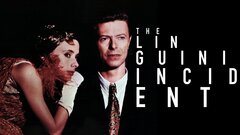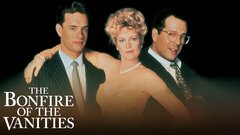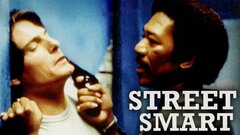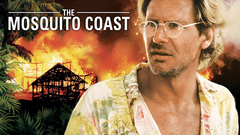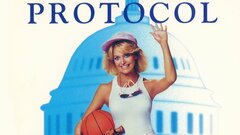Actor and theater director Andre Gregory parlayed his gift for gab into a "late-blooming" career performing in features. Born in a Paris hotel because his mother left a card game with a Turkish ambassador a bit too late, Gregory grew up in Hollywood, where, by his own description, he could "look out of our window and see Garbo and Dietrich and Flynn and Thomas Mann playing doubles."
He attended Harvard and, set on becoming an actor, studied at the Neighborhood Playhouse and the Actors Studio, but success eluded him. Before chucking a performing arts career to pursue law, he briefly tried directing and, to his own surprise, found a niche in avant-garde theater, staging Jean Genet's "The Blacks" Off-Broadway in 1962.
Soon thereafter, he set up his own theater projects in both Philadelphia and Los Angeles. In 1968, Gregory began his most important undertaking in theater when he founded The Manhattan Project, an experimental group that staged, among other works, Samuel Beckett's "Endgame," Anton Chekhov's "The Seagull," Wallace Shawn's "Our Late Night" and an offbeat and highly popular take on "Alice in Wonderland," which later toured internationally on and off for five years and earned him both a special OBIE Award and a Drama Desk Award for Outstanding Director.
Gregory missed acting, though, and the opening he needed presented itself when he and Shawn reteamed, this time as both writers and performers, under the directorial eye of Louis Malle for the acclaimed art-house hit "My Dinner with Andre" (1981). Playing themselves, Gregory and Shawn conducted a witty, seemingly improvised conversation over supper for the entire film, with Gregory proving himself a galvanizing raconteur given to relating wild encounter group adventures in the woods.
Gregory subsequently had the acting career he had always wanted, appearing onstage opposite his daughter Marina in "The Tempest" and on Broadway in the Neil Simon farce "Rumors." His film roles typically capitalized on his mix of the cerebral and the zany, presenting him as dreamers, oddball upscale professionals and eccentric intellectuals. Parts ranged from a kooky reverend in Peter Weir's "The Mosquito Coast" (1986) to an equally strange holy man in "Protocol" (1984) to John the Baptist in Martin Scorsese's controversial "The Last Temptation of Christ" (1988). Some films used him less colorfully ("Demolition Man" 1993, "The Shadow" 1994), but "Vanya on 42nd Street" (1994) brought his film career full circle as it not only reteamed him with Malle but also cast him in the same role that "Dinner" did--as theater director Andre Gregory, once again wondering about the intersection between life and art.
Widower of filmmaker and theatrical entrepreneur Mercedes Gregory, Gregory appeared with their actor son Nick in Henry Jaglom's "Last Summer in the Hamptons" (1995).




